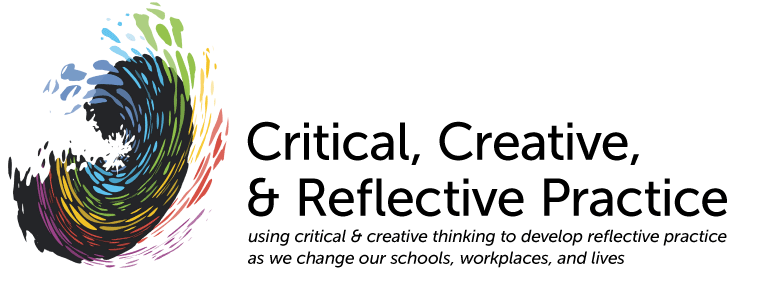Seven Sins of Memory
Source: Schacter (2001)(see Graphic 8)
Memory sins occur frequently in every day life and can have serious consequences for all of us.
Transience, absent-mindedness, and blocking are sins of omission: we fail to bring to mind a desired fact or idea.
Transience
Refers to a weakening or loss of memory over time. It’s probably not difficult for you to remember now what you have been doing for the past several hours, but if I ask you about the same activities six weeks, six months, or six years from now, chances are you’ll remember less and less. Transience is a basic feature of memory, and the culprit in many memory problems.
Absent-mindedness
involves a breakdown at the interface between attention and memory. Absent-minded memory errors – misplacing keys or eyeglasses, or forgetting a lunch appointment – typically occur because we are preoccupied with distracting issues or concerns, and don’t focus attention on what we need to remember. The desired information isn’t lost over time, it is either never registered in memory to begin with, or not sought after at the moment is needed, because attention is focused elsewhere.
Blocking
Entails a thwarted search for information that may be desperately trying to retrieve. We’ve all failed to produce a name to accompany a familiar face. This frustrating feeling happens even though we are attending carefully to the task at hand and even though the desired name has not faded from our minds – as we become acutely aware when we unexpectedly retrieve the blocked name hours or days later.
Sins of misattribution, suggestibility, bias, and persistence are all sins of commission: some form of memory is present, but it is either incorrect or unwarranted.
Misattribution
Involves assigning a memory to the wrong source: mistaking fantasy for reality, or incorrectly remembering that a friend told you a bit of trivia that you actually read about in a newspaper. Misattribution is far more common than most people realize, and has potentially profound implications in legal settings.
Suggestibility
Refers to memories that are implanted as a result of leading questions, comments, or suggestions when a person is trying to call up a past experience. Suggestibility is especially relevant to the legal system.
Bias
Reflects the powerful influences of our current knowledge and beliefs on how we remember our pasts. We often edit or entirely rewrite our previous experiences – unknowingly and unconsciously – in light of what we now know or believe. The result can be a skewed rendering of a specific incident, or even of an extended period in our lives, which says more about how we feel now than about what happened then.
Persistence
Entails repeated recall of disturbing information or events that we would prefer to banish from our minds altogether: remembering what we cannot forget, even though we wish that we could. Everyone is familiar with persistence to some degree: recall the last time that you suddenly awoke at 3:00 am unable to keep out of your mind a painful blunder on the job or a disappointing result on something important. In more extreme cases of serious depression or traumatic experience, persistence can be disabling and even life threatening.
(Original page based on compilation by Mary Frangie)
